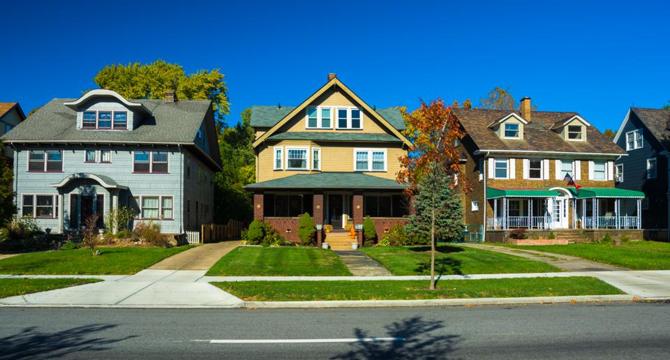Forbes
1M
27

Image Credit: Forbes
Current Mortgage Refinance Rates: February 25, 2025 – Rates Drop
- Today, the rate on a 30-year fixed refinance dropped to 6.84%, with a 15-year financed mortgage averaging at 5.82% and a 20-year financed mortgage at 6.68%.
- The average rate for a 30-year fixed-rate mortgage refinance stands at 6.84%, down from 6.89% last week, with an APR of 6.87% compared to last week's 6.93%.
- At the current 30-year interest rate, borrowers with a $100,000 mortgage will pay $654 per month, totaling around $135,557 in interest over the loan's life.
- For a 20-year fixed refinance mortgage, the average interest rate is currently 6.68%, with an APR of 6.73%.
- With a 20-year fixed-rate mortgage of $100,000, borrowers can expect to pay $756 per month, totaling about $81,518 in interest over the loan term.
- Refinance rates are generally slightly higher than mortgage rates, varying by program, with cash-out refinance rates being higher due to borrowing from available equity.
- Refinancing can be beneficial to lower interest rates, reduce monthly payments, pay off loans quicker, tap into home equity, or eliminate private mortgage insurance (PMI).
- It's essential to calculate the break-even point for a potential refinance to determine how long it will take for savings to outweigh closing costs.
- Factors like improved credit, shorter loan terms, and switching from a government-backed loan to a conventional loan with 20% equity can help in qualifying for competitive refinance rates.
- While now may be a good time to refinance to reduce monthly payments or get a better interest rate, consider the associated costs and benefits before proceeding with the application process.
Read Full Article
1 Like
For uninterrupted reading, download the app